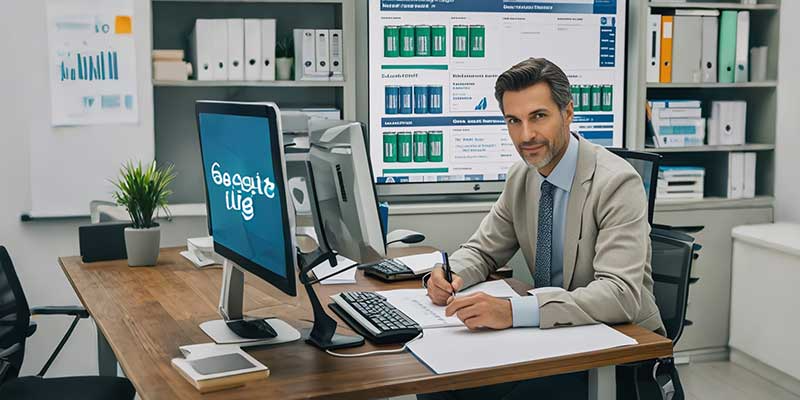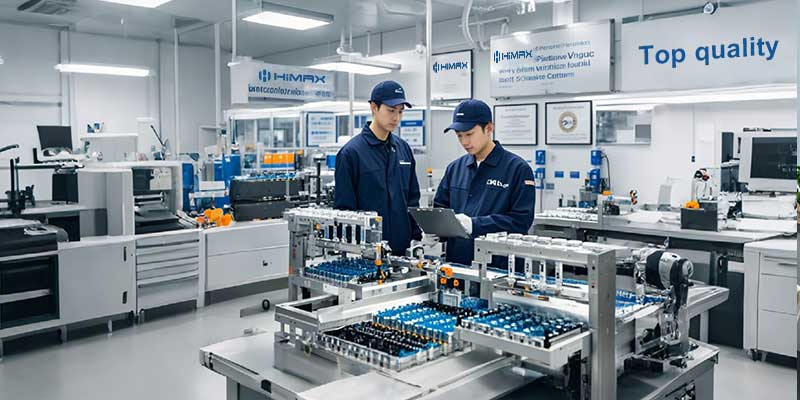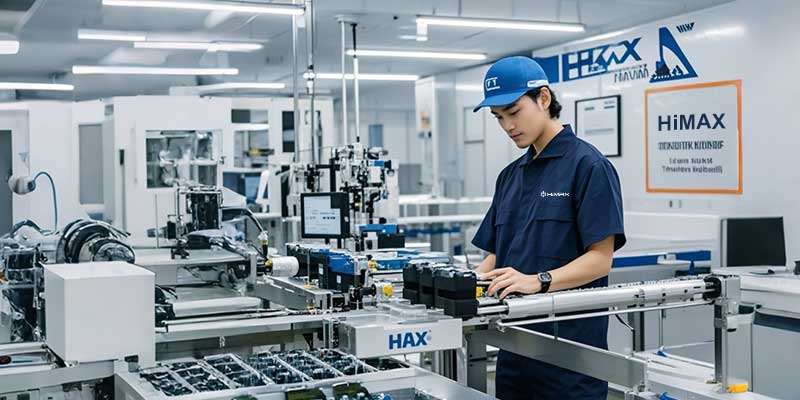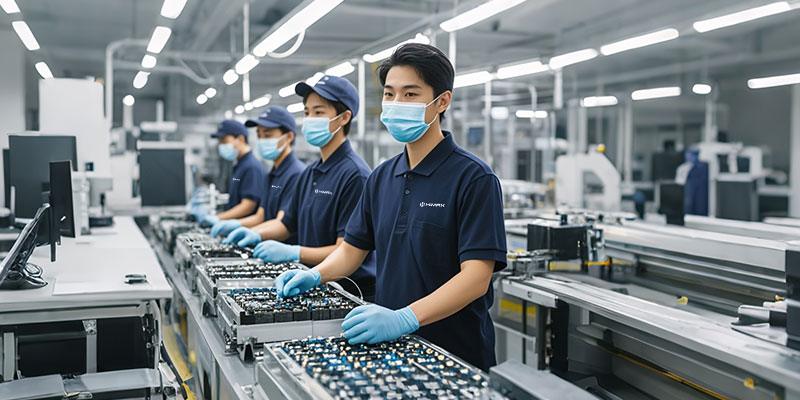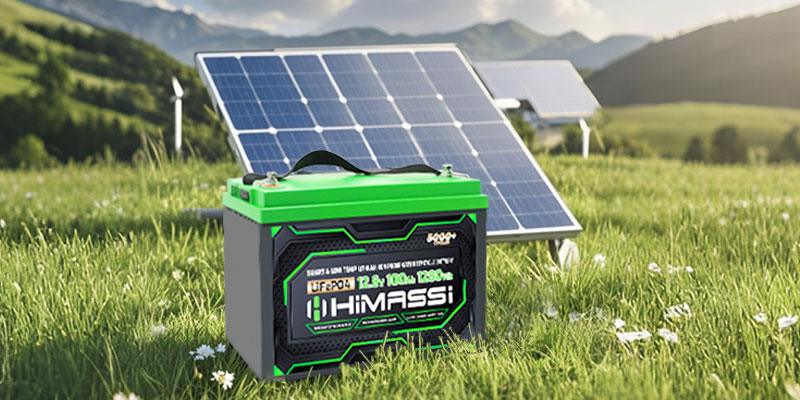Introduction
Lithium-ion batteries have become essential components across multiple industries, including electric vehicles (EVs), renewable energy storage, and consumer electronics. In Europe, the demand for lithium-ion batteries is rapidly growing, fueled by the increasing emphasis on sustainability and the transition to greener energy sources. The market’s need for high-quality and environmentally friendly energy solutions has put the spotlight on battery procurement strategies. This guide aims to provide European buyers with critical insights into sourcing lithium-ion batteries effectively.
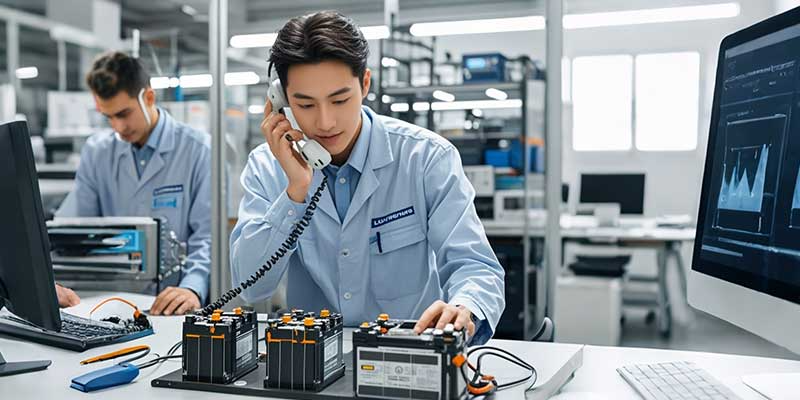
Understanding Lithium-Ion Battery Types and Applications
When sourcing lithium-ion batteries, it is crucial to understand the different types available and their specific applications. The most common types include Nickel Manganese Cobalt (NMC) and Lithium Iron Phosphate (LFP) batteries. Each type offers distinct advantages and disadvantages, depending on the intended use.
- NMC Batteries: These batteries are widely used in electric vehicles and portable electronics due to their high energy density and good overall performance. They provide a balanced mix of power, energy, and lifespan, making them versatile for different applications. However, NMC batteries tend to be more expensive due to the use of cobalt, a critical and costly component.
- LFP Batteries: Lithium Iron Phosphate batteries are known for their thermal stability and long cycle life. They are commonly used in energy storage systems and commercial EVs where safety and durability are prioritized. While they may have a lower energy density compared to NMC batteries, LFP batteries are more cost-effective and environmentally friendly due to the absence of cobalt and nickel.
European buyers need to consider their specific application requirements when selecting the right type of battery. For high energy density and performance, NMC may be the ideal choice, while LFP is better suited for applications that prioritize safety, cost, and longevity.
Supply Chain Challenges and Strategies
The lithium-ion battery supply chain is complex and presents several challenges for buyers, including raw material shortages, geopolitical risks, and logistical issues. The limited availability of key raw materials, such as lithium, cobalt, and nickel, has led to price volatility and supply chain disruptions. Additionally, geopolitical tensions can impact the availability and cost of these critical resources.
To mitigate these challenges, European buyers should consider the following strategies:
- Supply Chain Diversification: Diversifying the supply chain helps reduce dependence on a single region or supplier. By sourcing materials and batteries from multiple suppliers across different regions, companies can mitigate risks associated with geopolitical instability or supply shortages.
- Long-Term Contracts: Establishing long-term contracts with reliable suppliers can help secure stable pricing and a consistent supply of batteries. This approach not only provides cost predictability but also strengthens relationships with key suppliers.
- Supply Chain Transparency: Ensuring transparency within the supply chain is crucial for identifying potential risks early on. Working closely with suppliers and maintaining open communication can help address any issues before they escalate, ensuring a smoother procurement process.
Key Factors Influencing Procurement Decisions
When sourcing lithium-ion batteries, several factors should be considered to ensure the best possible outcome for your business:
- Quality and Certification Standards: It is vital to work with suppliers who adhere to international quality standards and hold relevant certifications. This ensures that the batteries meet the necessary safety and performance requirements, reducing the risk of product failure and ensuring regulatory compliance.
- Cost vs. Performance: Balancing cost with performance is a critical consideration in battery procurement. While it may be tempting to choose the lowest-cost option, it is important to evaluate the performance characteristics, including energy density, cycle life, and safety. Selecting a battery that offers the best value rather than the lowest price will lead to long-term benefits.
- Sustainability: Environmental concerns are increasingly influencing procurement decisions. Buyers should look for suppliers who prioritize sustainability in their production processes, including minimizing carbon emissions and adhering to environmentally friendly practices. Sourcing from suppliers with strong sustainability credentials helps meet regulatory requirements and align with corporate social responsibility goals.
Finding a Reliable Supplier: Key Considerations
Selecting the right supplier is one of the most important steps in sourcing lithium-ion batteries. To evaluate a supplier’s reliability and capabilities, consider the following factors:
- Company Size and Capacity: The supplier’s production capacity and scalability are critical, especially when planning for long-term growth. A supplier with sufficient production capabilities can meet both current and future demands.
- Technical Expertise: Assess the supplier’s technical expertise and innovation capabilities. Suppliers who are actively involved in research and development are more likely to offer advanced battery solutions that meet evolving market needs.
- Market Reputation: A supplier’s reputation in the market can provide valuable insight into their reliability and customer satisfaction levels. Look for reviews, testimonials, and case studies to gauge their performance in real-world scenarios.
- Long-Term Partnership: Establishing a long-term partnership with a supplier offers numerous advantages, including consistent quality, preferential pricing, and a deeper understanding of your specific requirements. Reliable suppliers will work closely with you to tailor their offerings to meet your unique needs.
Customized Solutions and Technical Support
Customization plays a significant role in lithium-ion battery sourcing, especially for buyers with specific application needs. Suppliers who can provide tailored battery solutions are better positioned to meet unique requirements, whether for electric vehicles, renewable energy storage, or industrial equipment.
Technical support and after-sales service are also crucial aspects of the procurement process. A supplier who offers comprehensive technical support, including installation guidance and ongoing maintenance, can help optimize battery performance and ensure a smooth implementation. Buyers should prioritize suppliers who are committed to providing personalized services that address their specific challenges and goals.
Himax Electronics Overview
Himax Electronics is a leading name in the lithium-ion battery industry, recognized for its innovation, quality, and customer-centric approach. With a focus on delivering high-quality battery solutions, Himax has established itself as a trusted partner for European buyers looking for reliable energy solutions.
Himax’s commitment to technology innovation is evident in its ongoing investment in research and development. The company prioritizes quality control at every stage of production, ensuring that its batteries meet the highest industry standards. Additionally, Himax offers exceptional customer support, providing technical expertise and customized solutions that cater to the specific needs of each client.
By working with Himax, European buyers can benefit from a stable supply chain, cutting-edge technology, and a comprehensive range of support services that make the procurement process seamless and efficient.
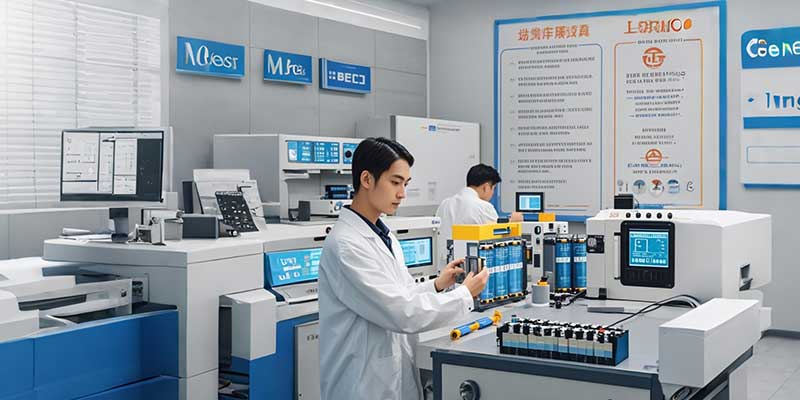
Conclusion
Sourcing lithium-ion batteries in today’s complex market requires a strategic approach that takes into account various factors such as battery type, supplier reliability, and sustainability. Understanding the different types of lithium-ion batteries, addressing supply chain challenges, and evaluating key procurement factors are crucial steps in making informed decisions.
Finding the right supplier is essential for ensuring quality, reliability, and long-term value. Himax Electronics stands out as a reliable partner for European buyers, offering innovative products, customized solutions, and unwavering support. By focusing on quality, sustainability, and partnership, buyers can navigate the complexities of the lithium-ion battery market and secure the best solutions for their needs.

